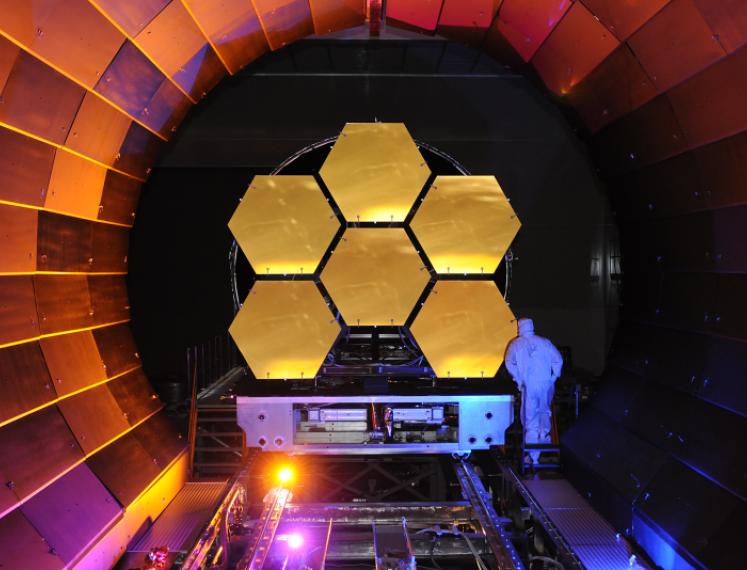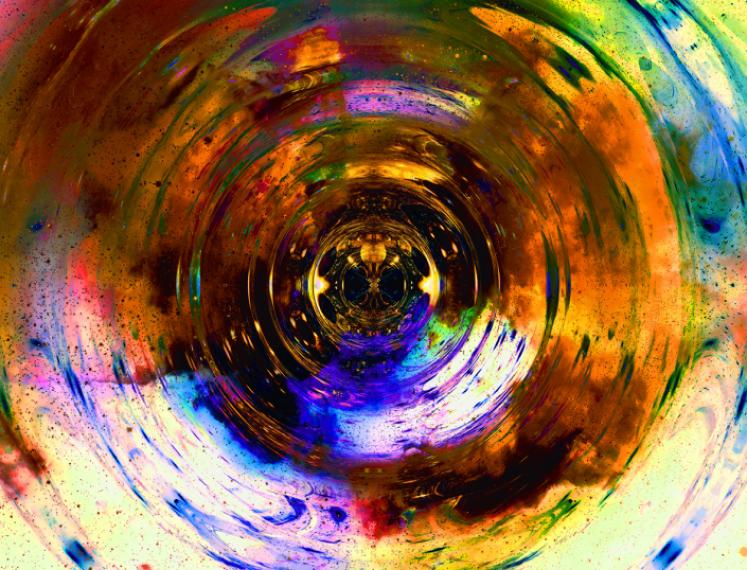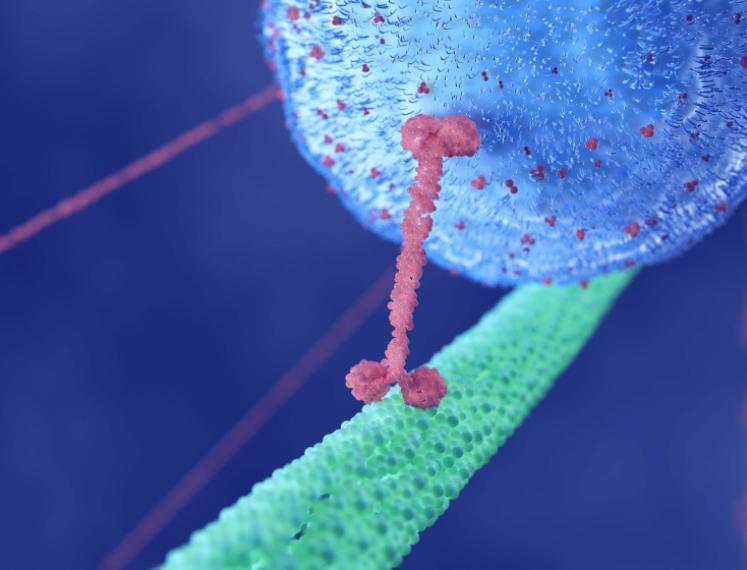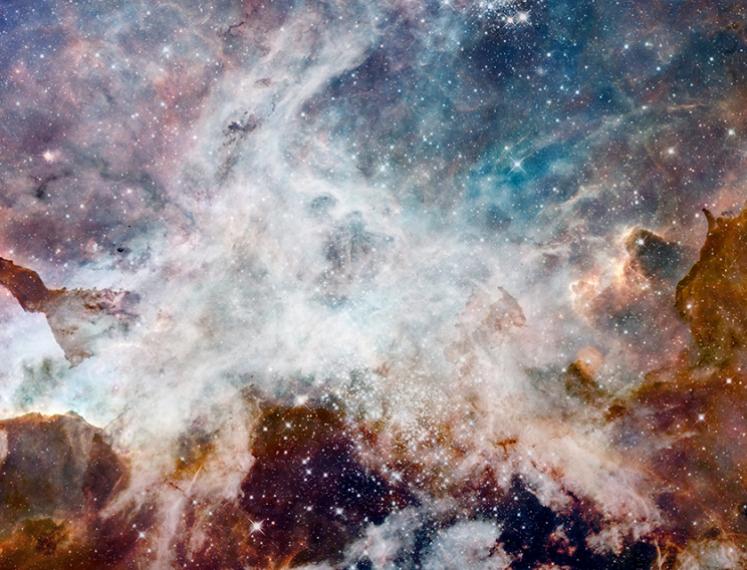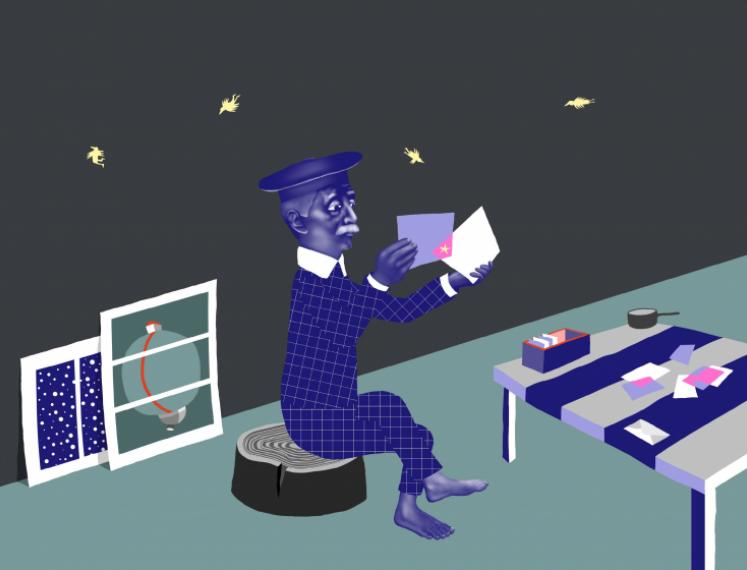Academy Building
Broerstraat 5
Groningen
Nederland
Our Universe Through the James Webb Space Telescope
Where did we come from? What path leads us through the 13.8-billion-year history of the Universe, connecting the particles and energy of the Big Bang to the formation of galaxies like the Milky Way, stars like the Sun and planets like the Earth? The James Webb Space Telescope, built by NASA in partnership with the European and Canadian Space Agencies, was designed to answer fundamental questions about the origins of galaxies, stars and planets, and to help us find our place in the Universe. Webb was launched on Christmas Day 2021 after 25 years of planning, design, development, construction, and testing. In this year’s Hendrik de Waard Lecture, Jonathan P. Gardner will discuss why the first science results from Webb have engaged the public and surprised the scientists, and which additional results can be expected in the years to come.
Jonathan P. Gardner is a scientist working with the James Webb Space Telescope, a position he has held since 2002 at NASA’s Goddard Space Flight Center. Gardner received an AB degree from Harvard and MS and PhD from the University of Hawaii. As a NATO Fellow, he did postdoctoral research at the University of Durham in the UK. He came to NASA-Goddard in 1996 to work with the Hubble Space Telescope (the forerunner of the Webb), but soon got involved in early studies of Webb. His scientific research involves using deep infrared observations to study the statistical evolution of galaxies. On the Webb project, he works with the other scientists to ensure the scientific success of the mission, now coming to fruition with Webb’s early results.
This lecture is organised by the Hendrik de Waard Foundation in collaboration with Studium Generale Groningen. The Hendrik de Waard Foundation was founded after the retirement of the late professor of physics Hendrik de Waard in 1987. Annually, the foundation organises a lecture to inform and intrigue the general public about recent developments in science. After the lecture, you're invited to drinks!
© NASA / Ball Aerospace
Are you not able to attend the lecture? Watch the livestream:
